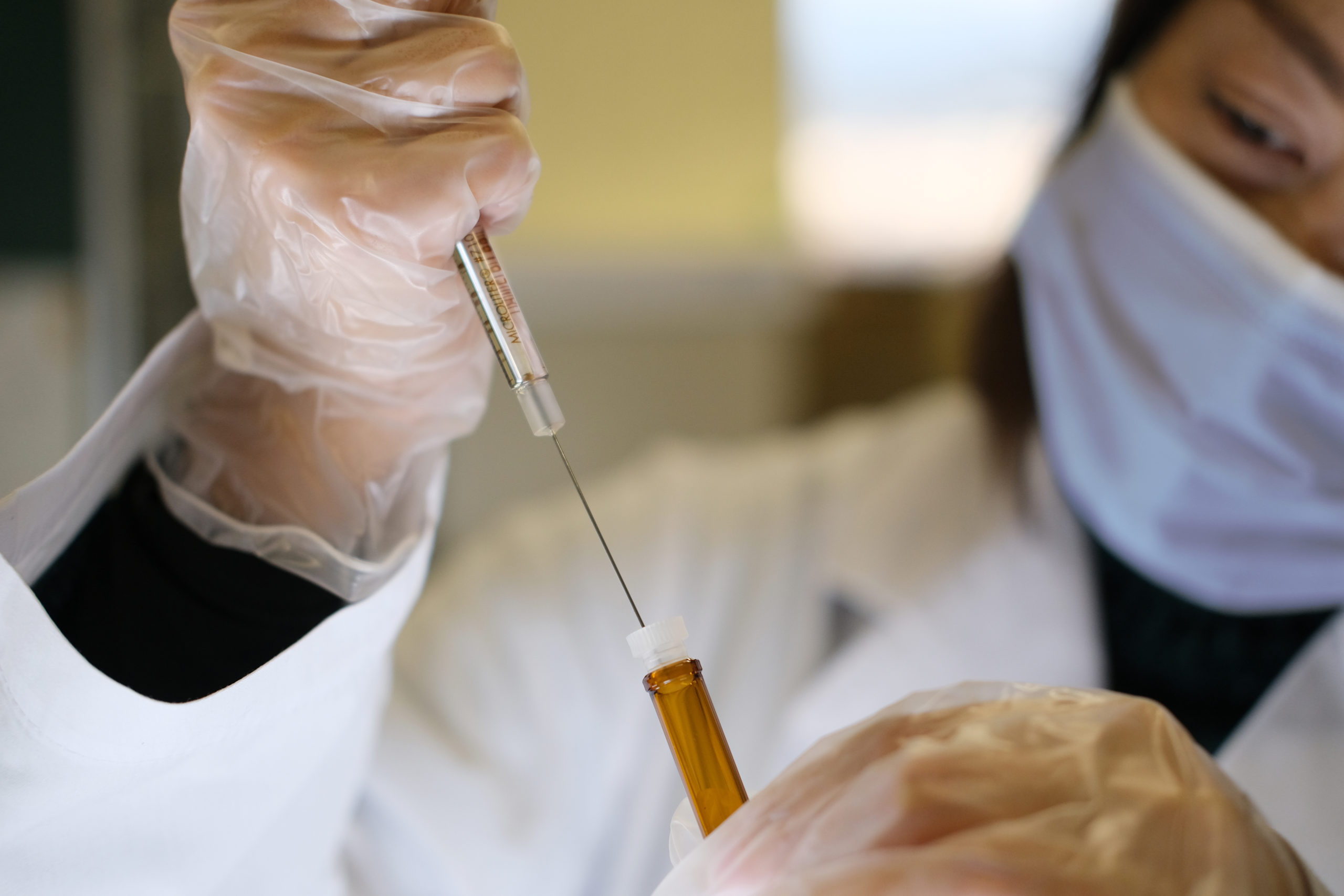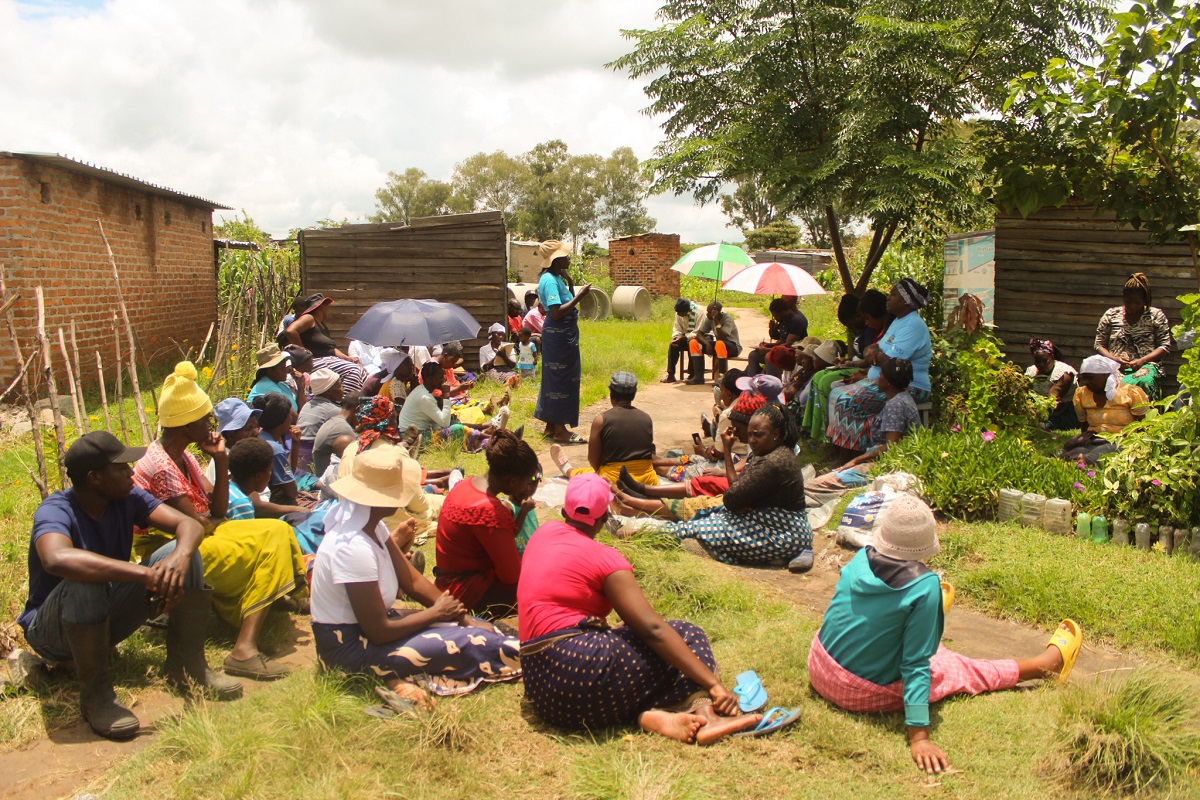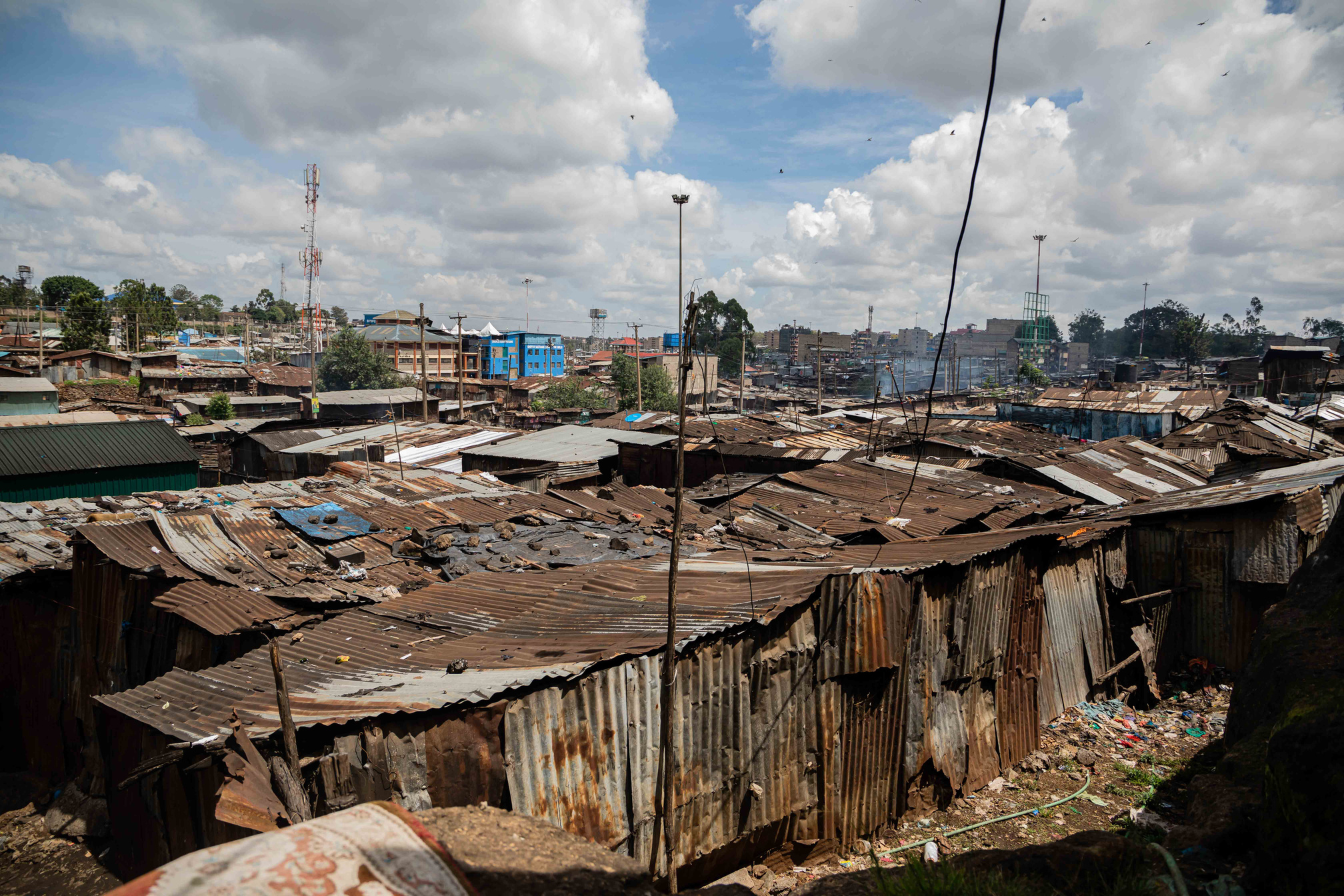Covid-19 has wreaked global havoc. Lives and livelihoods have been destroyed with it no wonder that the news of vaccine approval and rollout has brought hope to so many. But, for the world’s poor, vaccine distribution is complex. It requires resources, coordination and, above all, trust that too often are commodities in short supply.
For many citizens, particularly those who face a closing down of civic space, there are doubts about the veracity of claims, statements and “facts” in the public domain that relate to Covid-19 and vaccines. This includes whether they originate from Government, non-government or private sector sources.
Research to better understand and identify the challenges arising from the pandemic, especially those faced by those living in poorest conditions, is already underway from partners within the FCDO funded Covid Collective. The focus is to those individuals and communities in the greatest danger of being left behind either as a result of suffering from Covid-19 directly, or through the social, economic, environmental and political impacts of different responses to the virus.
One of the immediate projects from partners in the Covid Collective is generating insights and considerations for effective vaccination programming in informal housing settlements. Globally, one billion people live in slums where it is not uncommon for 2-5 people to live in a small single room. Shared, basic latrines and poor access to clean water is typical in this challenging environment.
Research conducted early in the pandemic highlighted that for public health responses to be effective in this context, interventions had to be humane and tuned to gendered, localised and rapidly evolving risks and vulnerabilities. An overhaul of urban planning and development is essential to bring improvements to public health but there is recognition that they take time to deliver. In the context of Covid-19, every day that goes by is lost time.
According to the Covid Collective work, in informal settlements, there are a number of fundamental considerations when planning vaccine roll-out:
The lack of affordable health services
For many years, those living in informal settlements have had to make trade-offs between work and health. The most common reason for urban households to shift from ‘just managing’ into chronic poverty is ill health.
Health expenditures combined with the lack of income places severe strain on households. Emerging evidence from the Global Development Institute at the University of Manchester outlines how formal health services are rare in most informal settlements. Even where these services do exist, charges for medicine put them out of reach for many people.
Households may supplement these services with informal providers either because they do not trust the quality of public services and/or because costs are lower. The GDI data shows just how complicated this can be – for example in Mukuru (Nairobi), 100,500 households are served by 206 public and private (formal and informal) health facilities.
Informal health providers present a problem of tracking and tracing people. If more than one vaccination is required and services cannot be regulated, then there is a chance that people’s access to sufficient services and their health will be compromised.
At a recent All Party Parliamentary Group (APPG) for the UN Global Goals for Sustainable Development, Professor Diana Mitlin, University of Manchester discussed the need to support communities and navigate existing complexities in health care provision.
Vaccine hesitancy
The speed by which vaccines have been developed and approved has led many to question their safety. This coupled with misinformation – whereby rumours prey on growing anxieties – can lead to real fears and doubts about the benefits of vaccination. Damaged public trust in governments and pharmaceutical industries are real factors that will affect roll out globally.
Evidence from the Social Science in Humanitarian Action platform suggests that this reticence can be countered by “inoculating” publics with facts. By looking at previous epidemics and vaccine hesitancy the programme has outlined a series of recommendations to counter this. They include – transparency in vaccine development, clear communications from the pharmaceutical companies and ensuring that vaccines are administered in places where people already feel safe. This would discount military intervention.
Trust
Of course, Covid is not the only challenge that the world’s poor are facing. Increased rates of disease and low incomes increasingly reliant on troubled informal economies are common characteristics. Many who were surviving just above the poverty line are now experiencing even greater vulnerabilities and are already reliant on existing and stretched support systems. However, working with already active communities will be key to ensuring trust with the vaccination programme. Research from the Global Development Institute identifies the need for any outside interventions to work with existing groups if they are to have lasting impact. Community engagement will be key to effective epidemic control, be it delivering trusted messages, carrying out surveillance, or attempting to limit movement.
Speed
Research led by BRAC Institute of Governance and Development (BIGD) in Bangladesh has also brought into focus the importance of quick action and innovation. It is important to work with trusted community sources but also recognise the lived realities and that where, for example, hunger is a more pressing danger, corruption will undoubtedly be present. In this context, speed and innovation are more important than delivering perfect responses.
What next?
Over the coming months, the Covid Collective partnership will expand its research agenda to address emerging challenges from the health pandemic. The aim is to learn from what is happening on the ground and draw from an array of lessons and evidence to combine practices, insights and ideas together. The Collective will be sharing more experiences relating to the pandemic which will include further lessons on vaccination roll-out, a preoccupation for so many globally.
Supported by the UK Foreign Commonwealth and Development Office (FCDO), the Covid Collective is based at the Institute of Development Studies (IDS). The Collective brings together the expertise of, UK and Southern based research partner organisations and offers a rapid social science research response to inform decision-making on some of the most pressing Covid-19 related development challenges.
This blog was originally published by the Institute of Development Studies here


